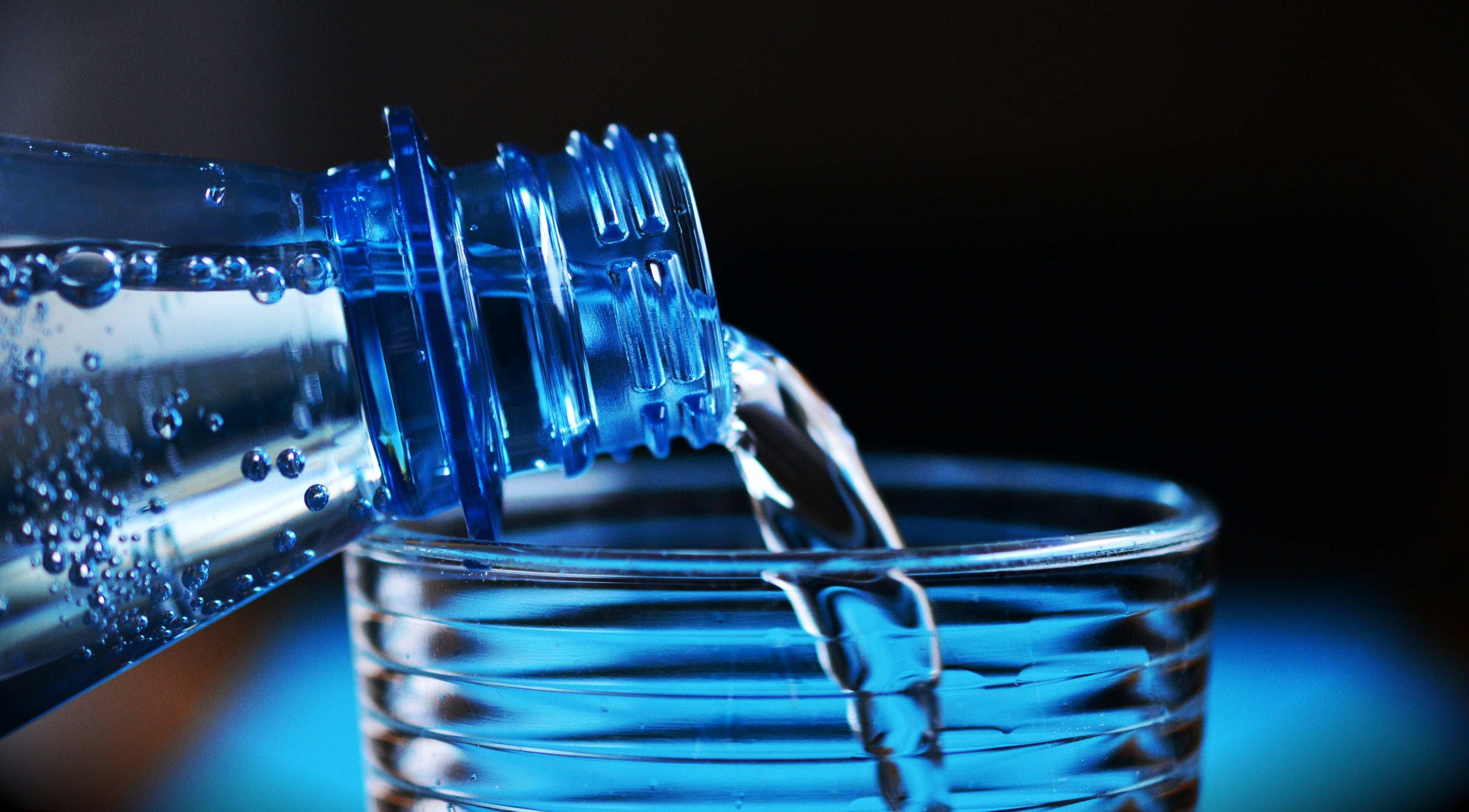The Impact of Hydration on Skin Health
Introduction
Water is the lifeblood of our bodies, constituting about 60% of our total body weight. It plays a pivotal role in ensuring our organs function optimally and influences our overall health and well-being. But did you know that hydration is also closely tied to the health and vibrancy of your skin, the body's largest organ? In this blog post, we delve into the crucial role hydration plays in maintaining skin health, the benefits of drinking water, the importance of hydrating skincare products, and the impact of dehydration on your skin.
Benefits of Drinking Water for Skin
Water serves as the ultimate elixir for your skin. It detoxifies, hydrates, and replenishes the skin cells, leading to a more youthful and glowing appearance. Here's how water consumption enhances your skin's health:
- Hydration and Elasticity: Adequate water intake helps maintain skin moisture, which boosts its elasticity. This can help delay signs of aging, reducing the appearance of wrinkles and fine lines.
- Healthy Skin Barrier: Water supports a robust skin barrier. This layer serves as your skin's first line of defense, protecting it from harmful environmental factors like pathogens and pollutants while locking in essential moisture.

Hydrating Skincare Products
While drinking water is essential, topical hydration through skincare products can further enhance the skin's moisture levels. Products like moisturizers, serums, and hydrating masks deliver targeted hydration, seal in moisture, and restore skin's balance.
- Moisturizers: They create a barrier on your skin that locks in moisture, preventing dryness and dehydration. Look for ingredients like hyaluronic acid, ceramides, and glycerin that are known for their super hydrating properties.
- Serums: These lightweight formulas penetrate deeper into the skin, delivering a highly concentrated dose of hydrating ingredients. They are perfect for layering under your moisturizer.
- Hydrating Masks: These provide an intensive moisture boost and are ideal for use 1-2 times per week or whenever your skin feels dehydrated.

The Impact of Dehydration on Skin
Just as hydration can enhance your skin’s health, dehydration can take a toll on it. When the body is dehydrated, it pulls water from non-vital areas, including the skin, to ensure the proper functioning of vital organs. This can lead to dry, tight, and flaky skin. Dehydration can also cause dull skin, emphasized fine lines, and dark under-eye circles.
Tips to Stay Hydrated for Healthy Skin
Proper hydration extends beyond simply quenching your thirst. Here are some tips to keep your skin hydrated:
- Drink Enough Water: Aim to drink at least eight 8-ounce glasses of water daily. However, individual needs can vary, so listen to your body.
- Eat Hydrating Foods: Incorporate water-rich fruits and vegetables like cucumbers, watermelon, and oranges into your diet.
- Avoid Excessive Caffeine and Alcohol: Both caffeine and alcohol can dehydrate your body. Balance their intake with plenty of water.
- Use Hydrating Skincare Products: Regularly apply products that replenish your skin’s moisture barrier.
Scientific Research and Case Studies

Numerous studies underscore the connection between hydration and skin health. A study published in the Journal of Clinical, Cosmetic, and Investigational Dermatology found that higher water intake in regular diet might positively impact skin physiology. Moreover, there are countless anecdotal success stories of individuals who have seen significant improvements in their skin health by merely increasing their water intake and using hydrating skincare products.
Environmental Impact on Skin Hydration
Environmental factors can significantly impact skin hydration. Prolonged exposure to the sun can cause moisture loss and lead to premature skin aging. Similarly, windy conditions can strip the skin of its natural oils, leading to dryness and flaking. Cold weather, particularly during winter months, can also be harsh on the skin, causing it to dry out and become chapped. Central heating and air conditioning systems used indoors can further exacerbate skin dryness by reducing the humidity levels in the air. In polluted urban environments, contaminants can clog pores and disrupt the skin's ability to retain moisture. Therefore, it's important to consider one's environment when devising a skincare routine and take appropriate steps, such as using a good quality moisturizer and wearing sun protection, to counteract these factors and maintain skin hydration.

Conclusion
The role of hydration in maintaining skin health is undeniable. From drinking ample water to using moisturizing skincare products, ensuring proper hydration can be the game-changer for achieving radiant and healthy skin. It's time to make hydration a non-negotiable part of your skincare routine. After all, hydrated skin is healthy skin. So, drink up and glow on!
